Even before the introduction of the iPhone 13 in September of last year, rumors were circulating about how this latest range of Apple phones would support satellite connections. In the end, it came to nothing, or at least Apple did not inform about it in any way. Now the same functionality is being speculated with regard to the Apple Watch. Apple means well, but we would appreciate it if it focused in a slightly different direction.
Satellite calling and messaging can save lives, yes, but its use is very limited. Recognized analyst Mark Gurman z Bloomberg they believe him, but considering how Apple is after money, this expensive functionality has no chance of success with the average mortal, so it would be quite a surprise if we actually see it. But it is true that in February Globalstar announced that it had reached an agreement to buy 17 new satellites to provide "continuous satellite services" for an unnamed customer that paid it hundreds of millions of dollars. If it's Apple, we can only argue.
It could be interest you

Apple Watch has a different potential
In the Czech Republic, we do not make much use of satellite calls due to relatively high-quality coverage. That is, perhaps on the tops of mountains and in the event that we would be hit by some natural disaster that would damage the transmitters. Even so, this technology would be intended only for summoning help, so we hope that even if the option was there, perhaps no one would need it.
But Apple could achieve much more with the Apple Watch if it wanted to. First of all, he should turn them into a separate device that is not tied to the iPhone and that can work without its initial synchronization and any subsequent connection. The second step would then be to integrate an actual eSIM, not just a copy of the SIM from the iPhone. Logically, it would be directly offered with the Cellular version.
It could be interest you
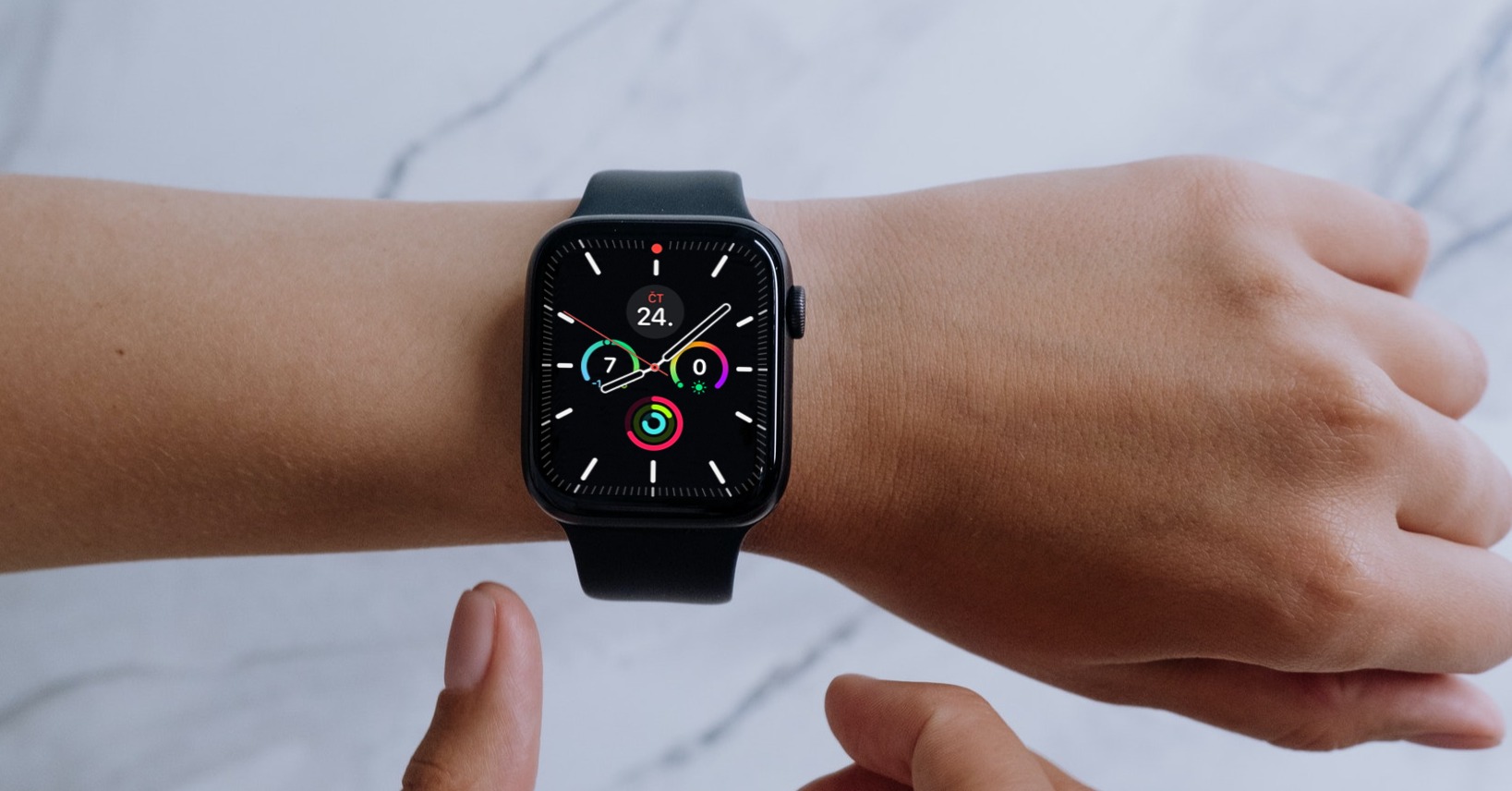
So we would wear a fully functional and independently communicating device on our wrist, which we could only supplement with an iPad and discard iPhones completely. Now, of course, this is rather unthinkable, but with the arrival of Apple's AR or VR devices, it might not be completely out of the question. After all, modern technologies are always developing, and mobile phones no longer have much to offer - neither in terms of design nor in terms of control.
Classic devices are becoming more and more boring, and only a handful of manufacturers are still betting on flexible devices, led by Samsung, which already has three generations of its jigsaws on the market. It is still more or less certain that one day we will see a successor to smartphones, because they will hit their performance ceiling. So why not fully miniaturize them into something we wear on our wrist every day, without unnecessarily binding restrictions.
- Apple products can be purchased for example at AlgeIn iStores whether Mobile Emergency
 Adam Kos
Adam Kos 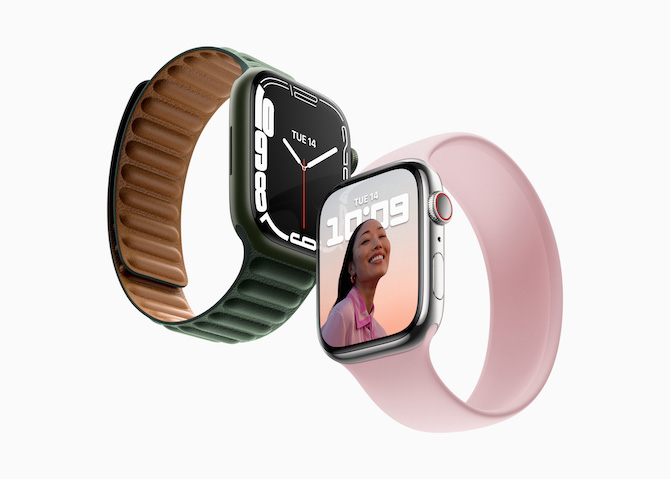
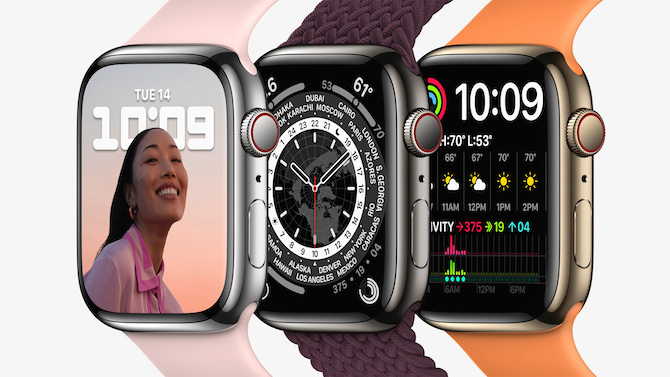
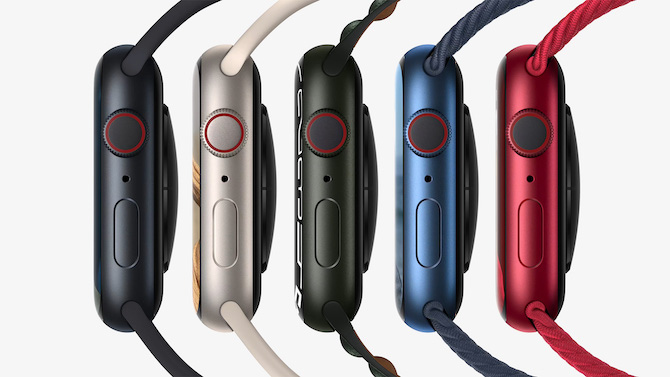
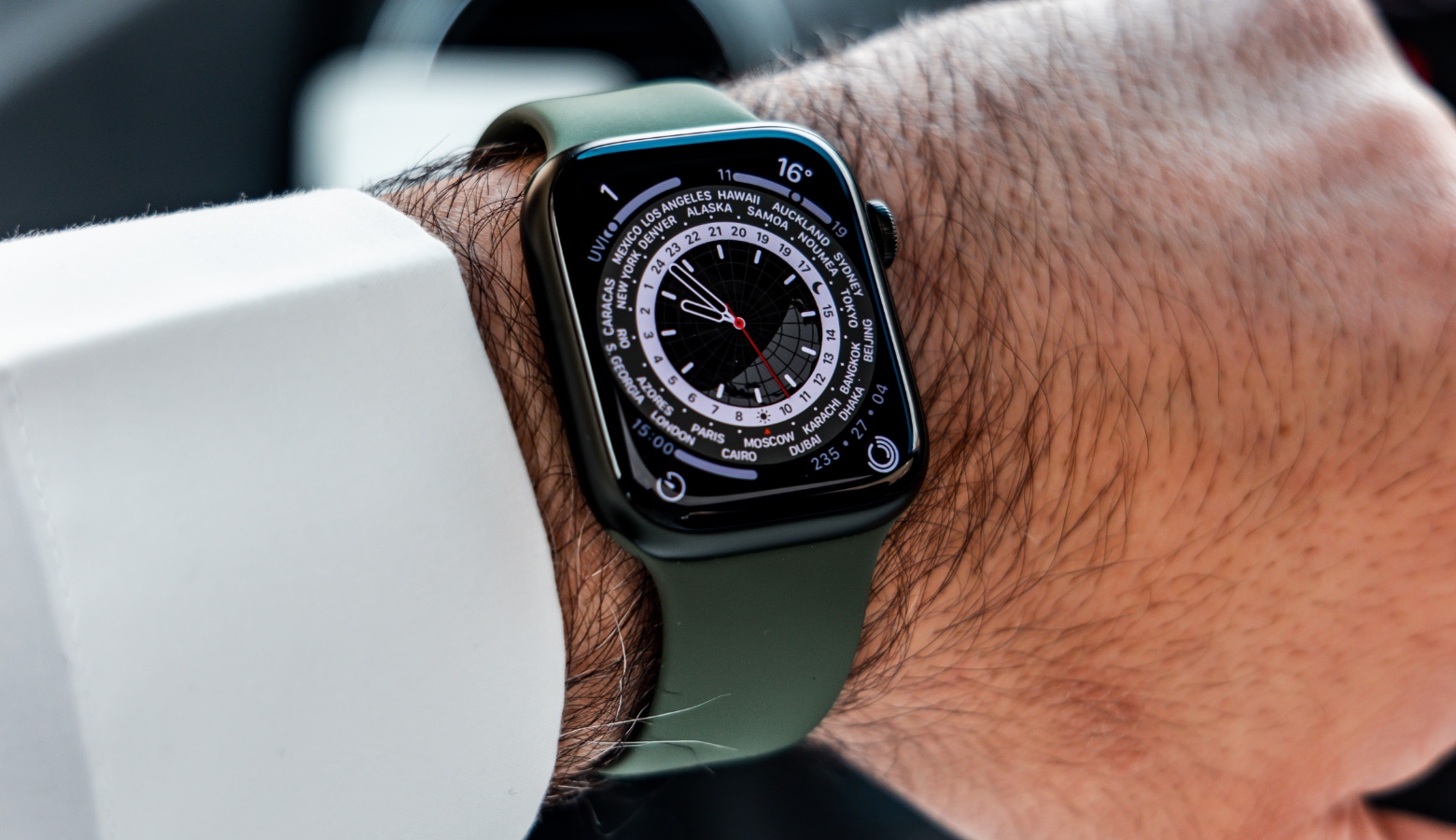

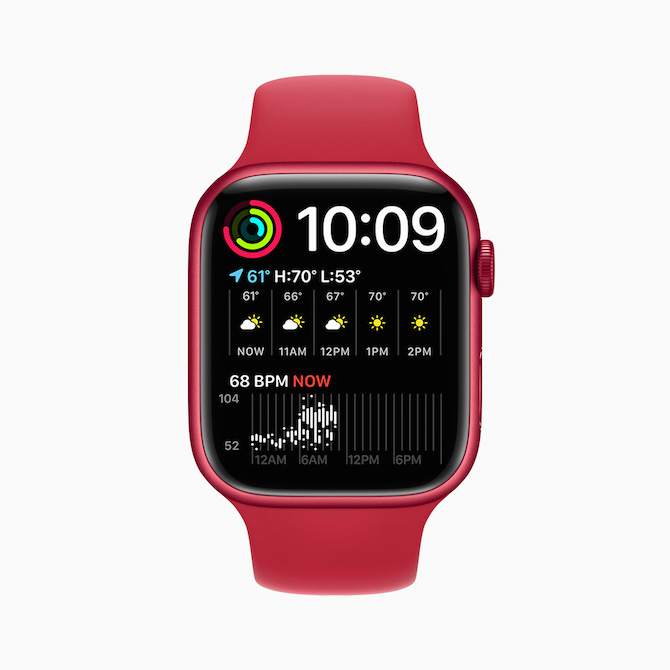
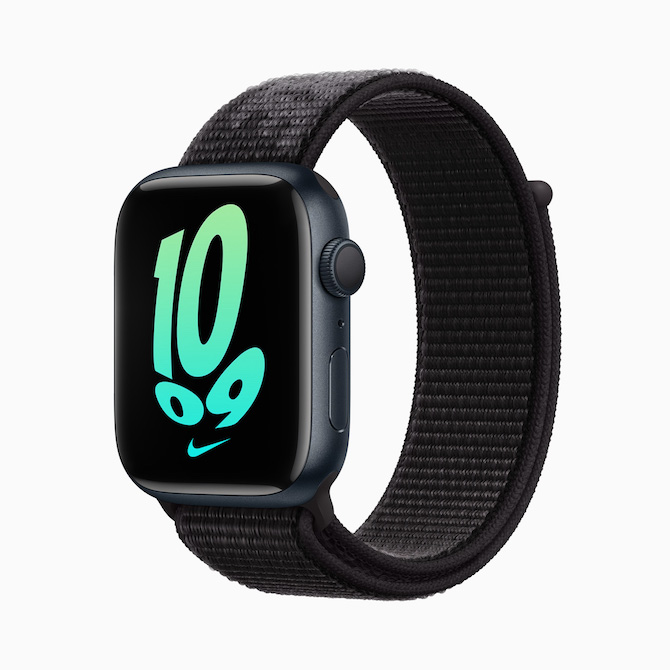
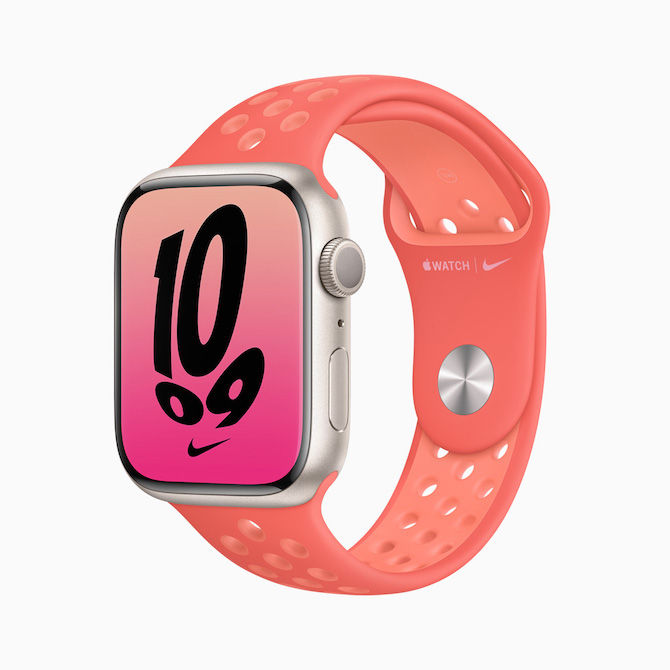
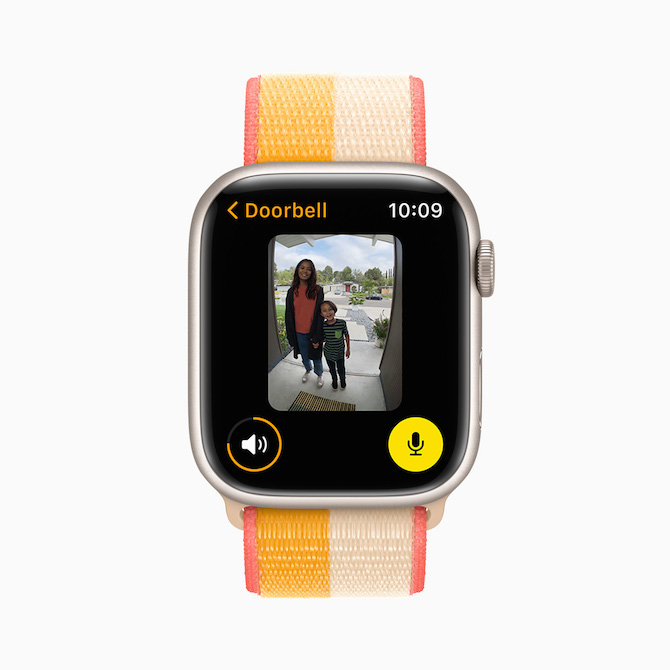
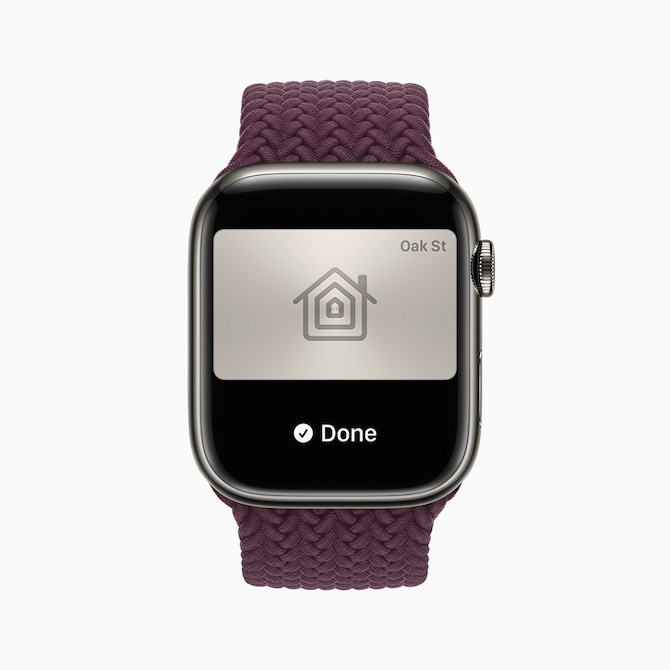
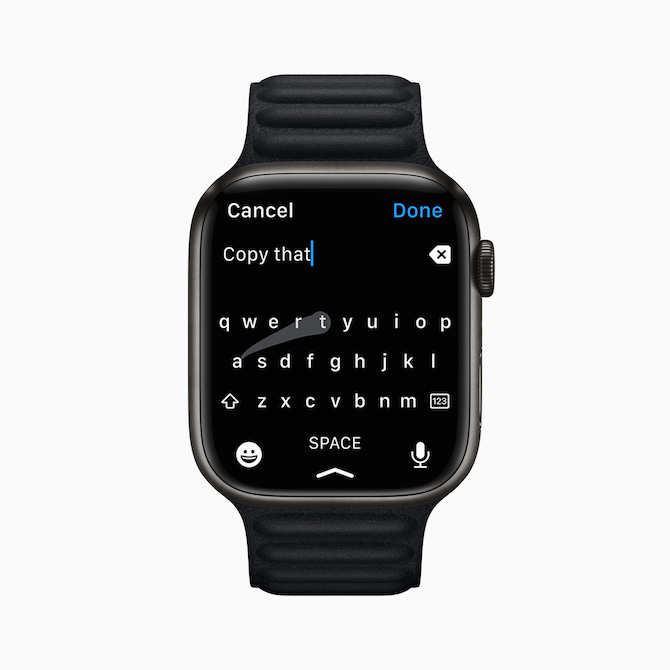
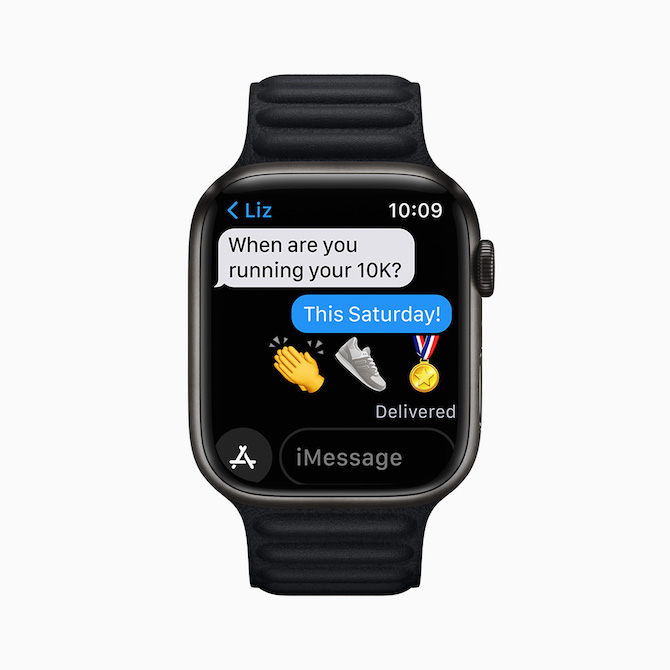

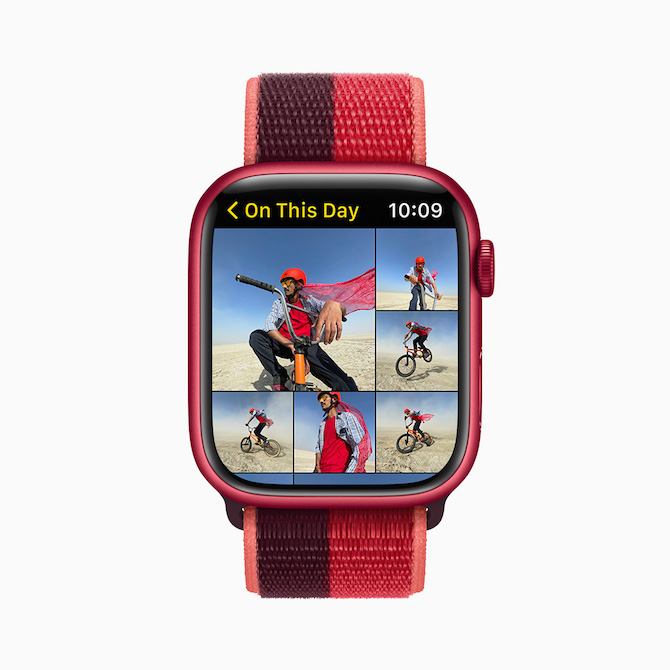


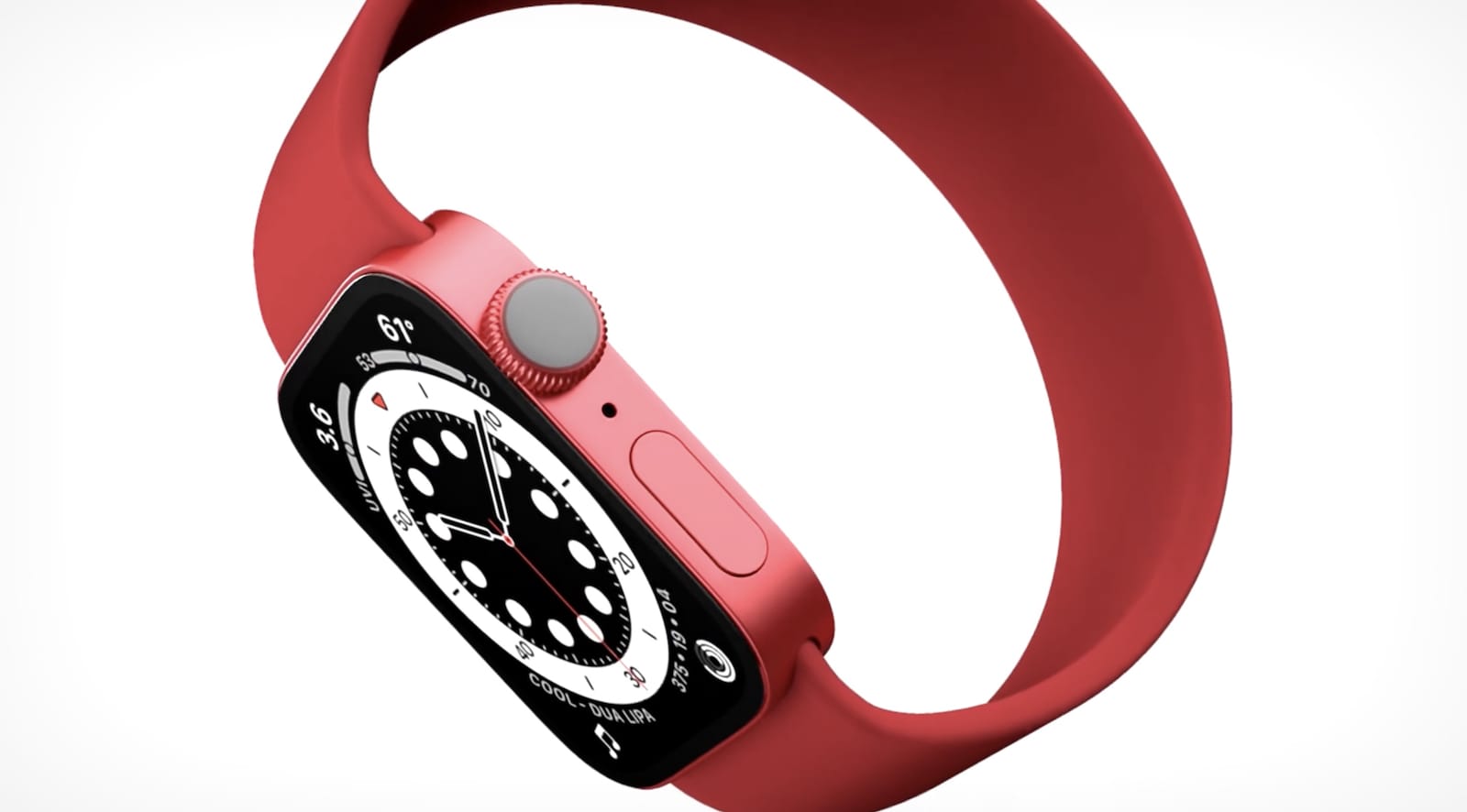
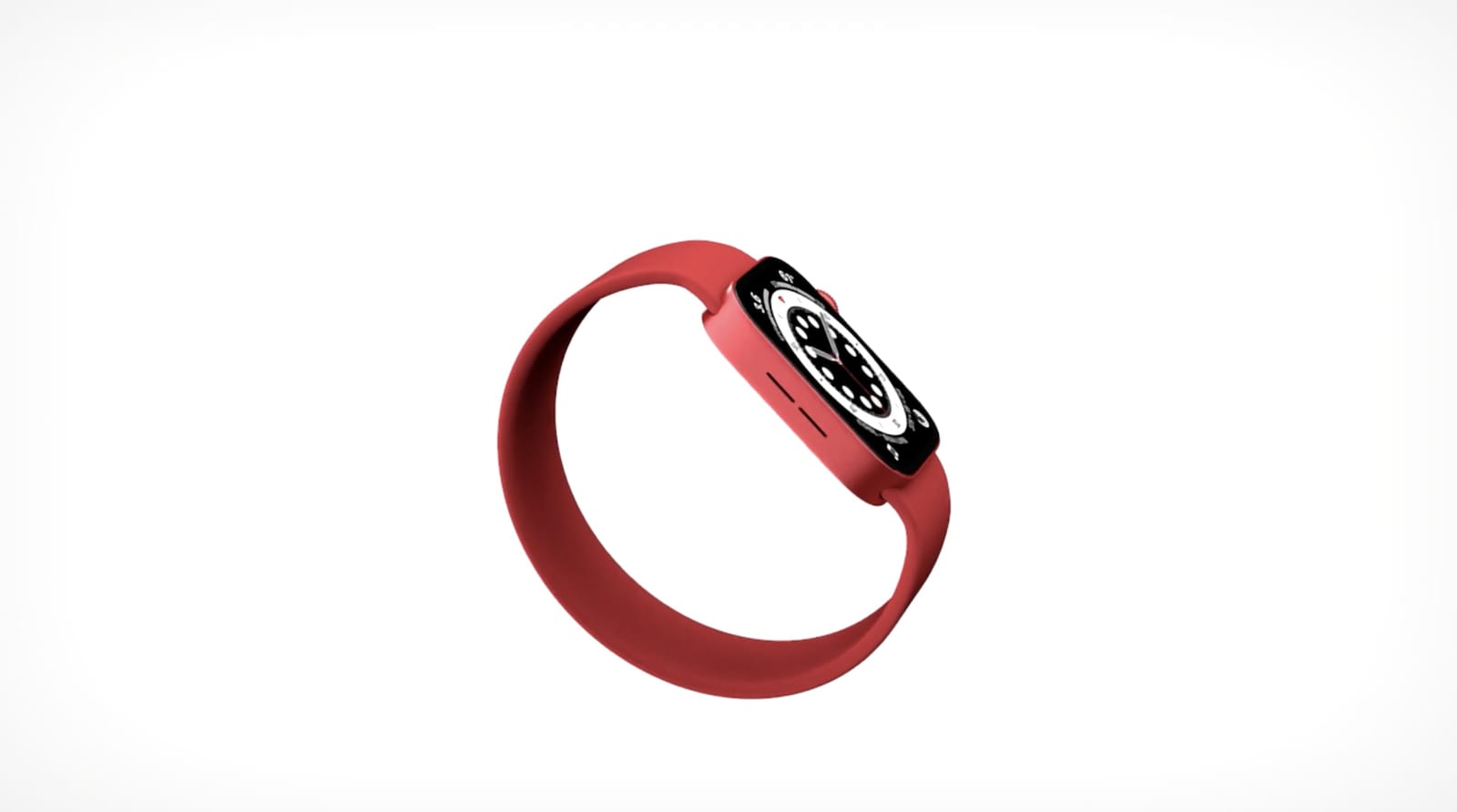
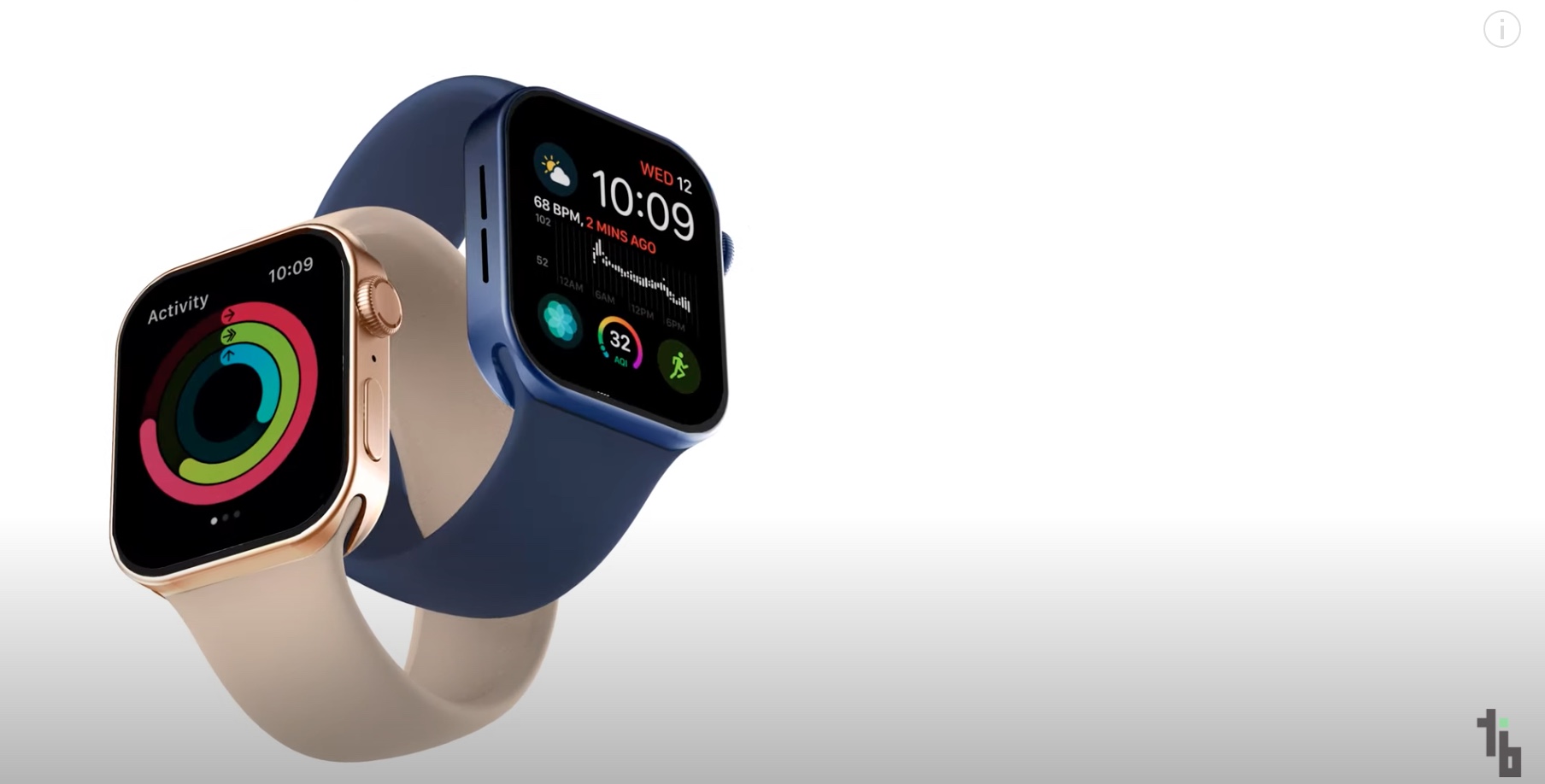
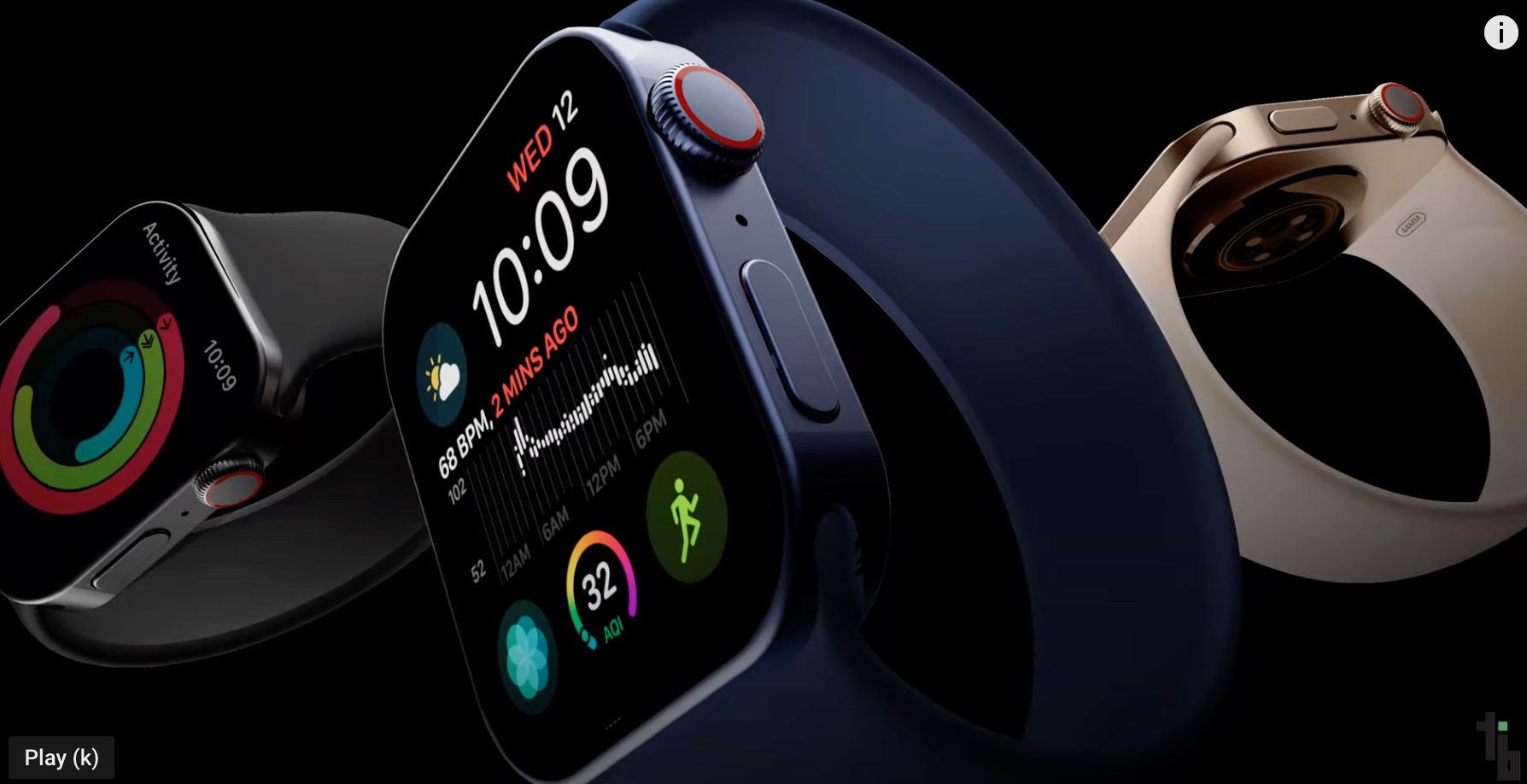
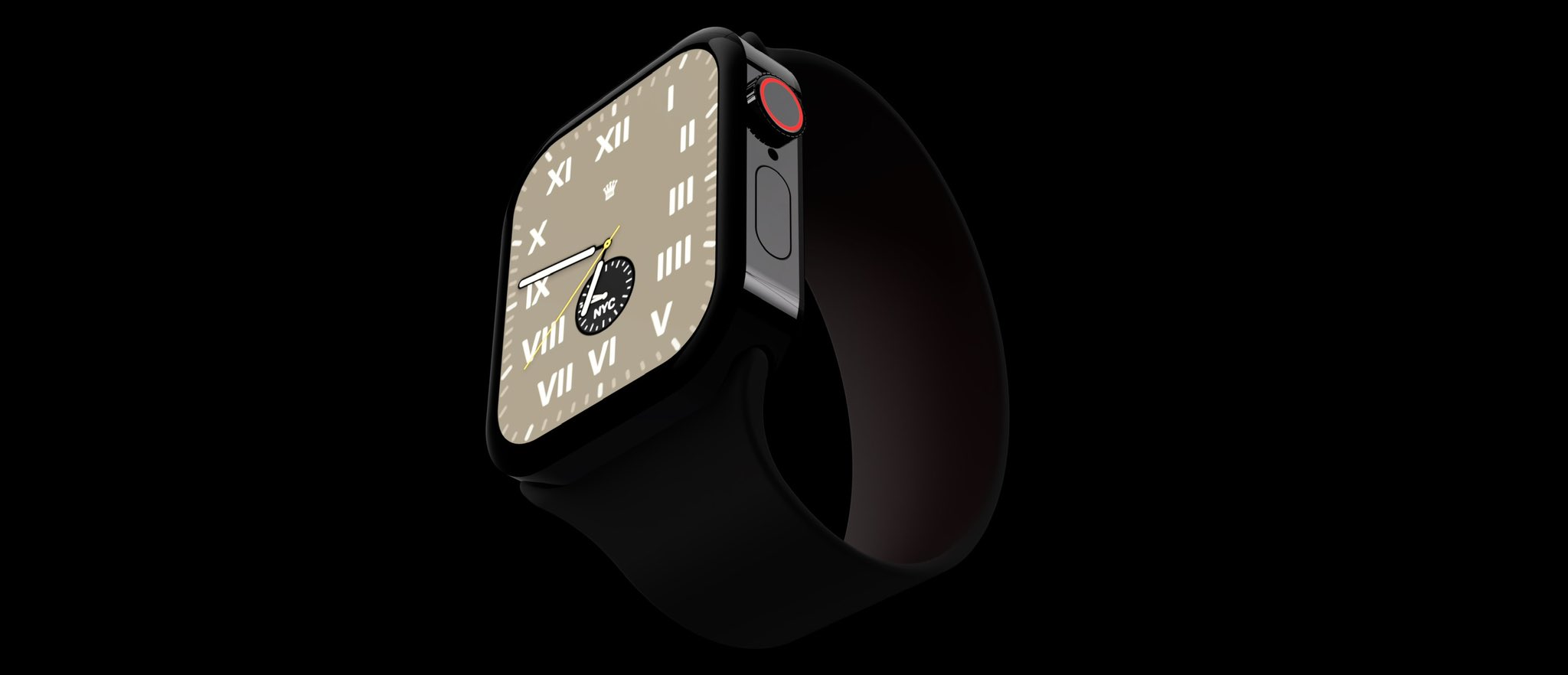
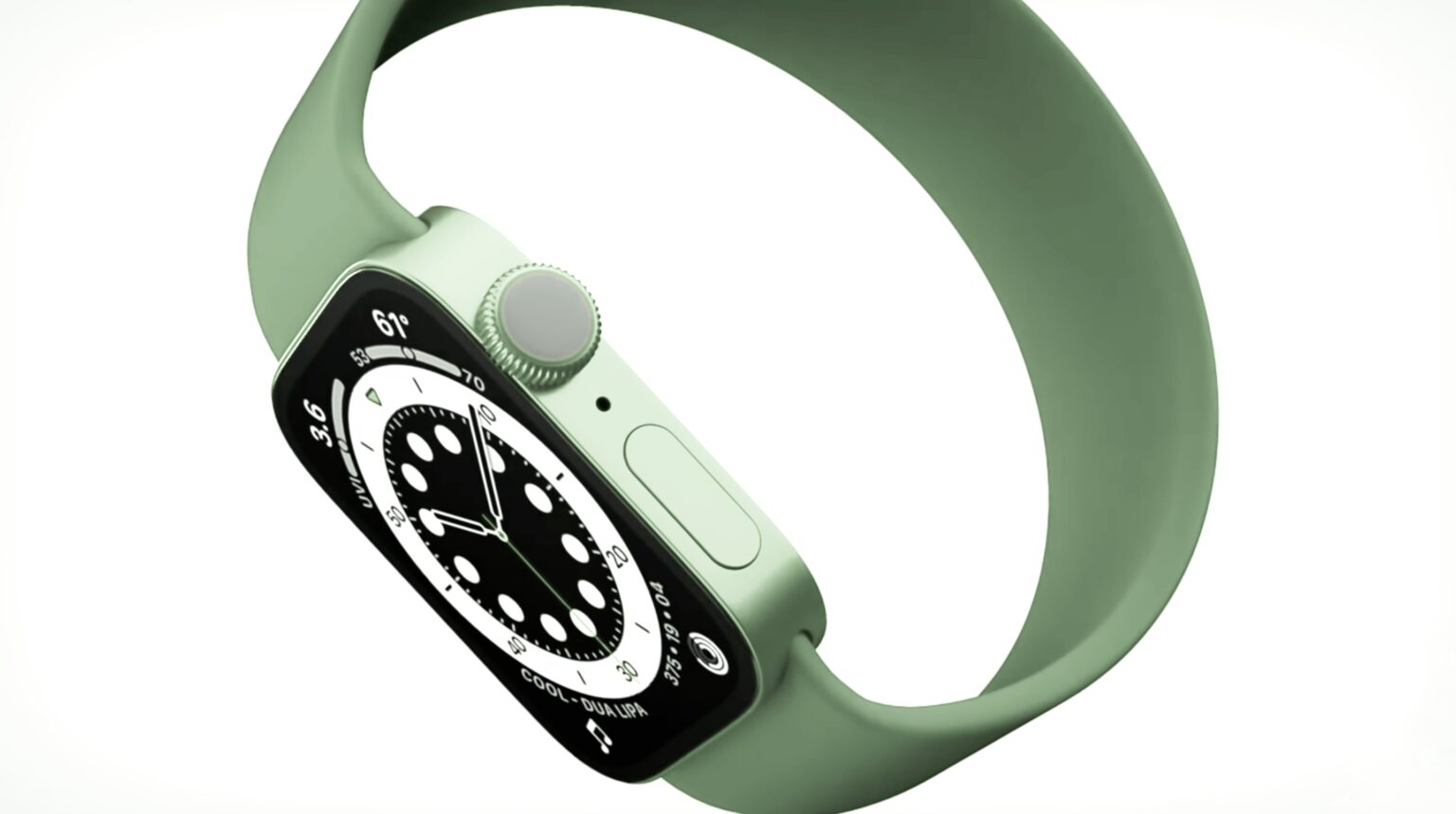
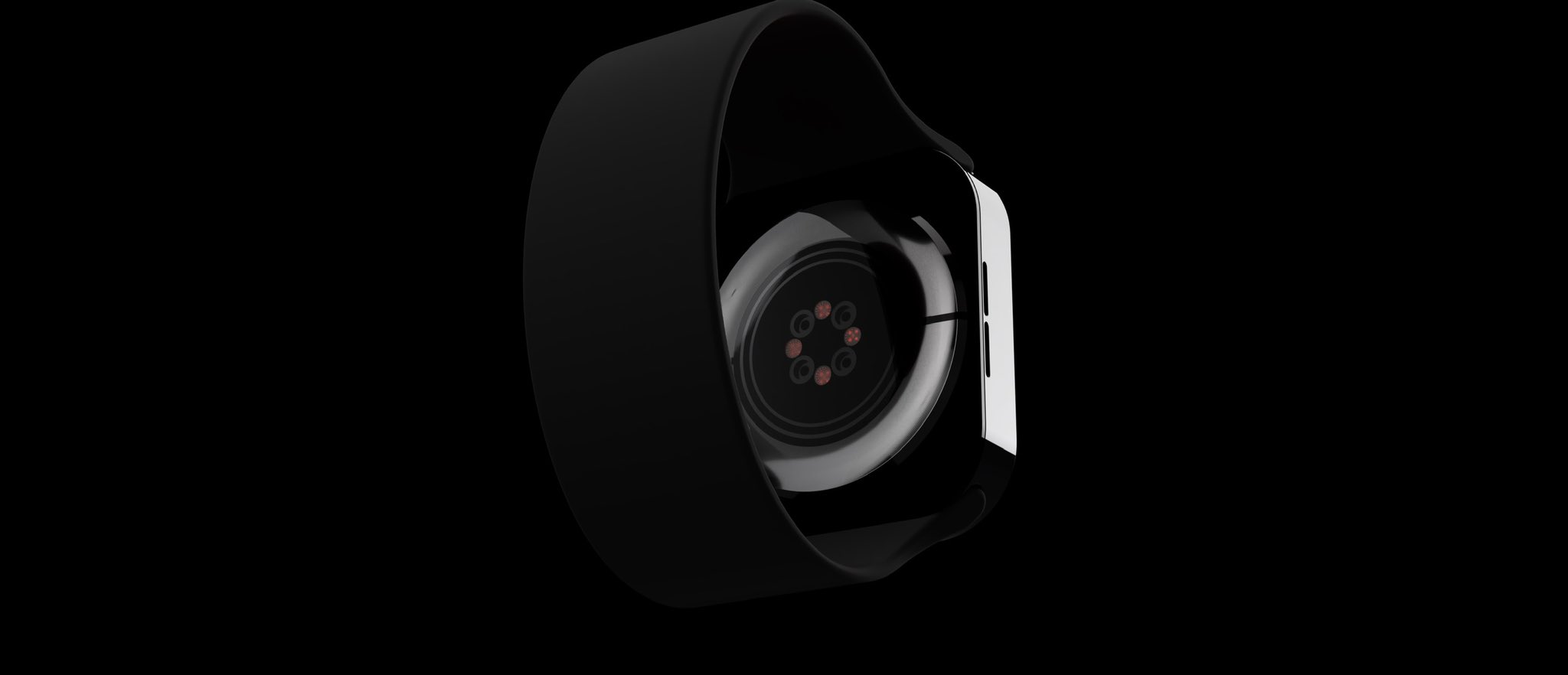
What bothers me about the Apple Watch 6 is this:
– they have no warning away from the iPhone
– it is not possible to set the Sedentary notification time
– cannot open the www page
– it is not possible to write a note via the virtual keyboard
And nothing can be done about it :-/